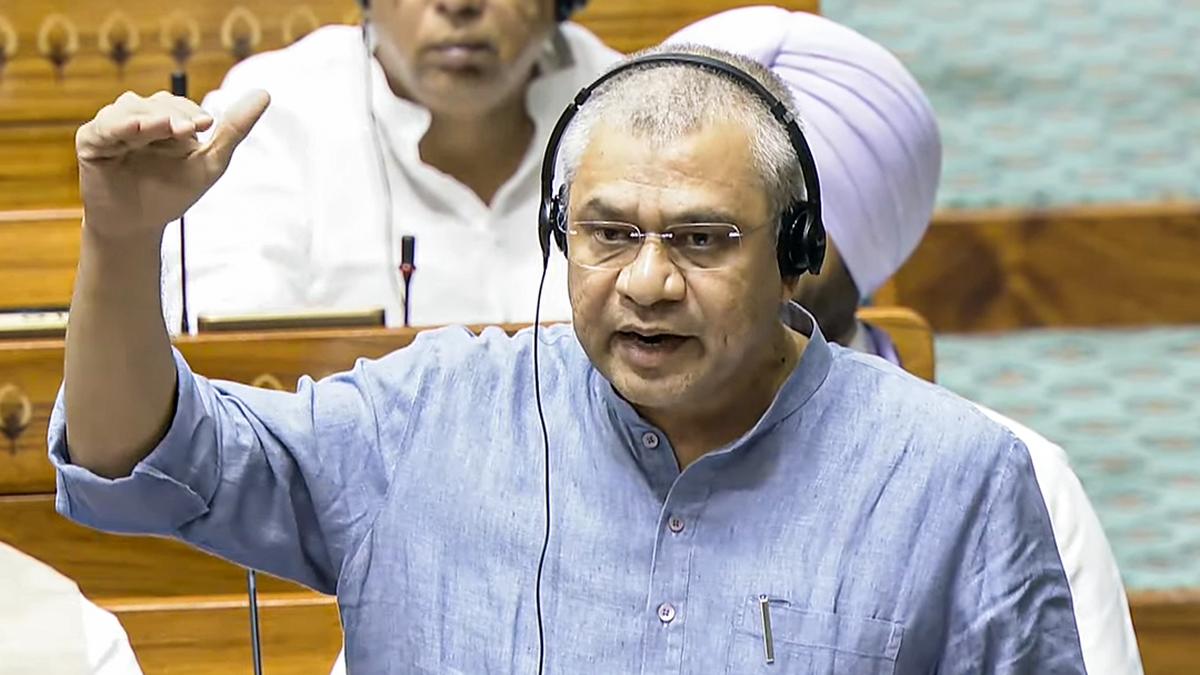Now Reading: Online Gaming Bill Tabled in Lok Sabha, Industry Opposes Ban on Real-Money Games
-
01
Online Gaming Bill Tabled in Lok Sabha, Industry Opposes Ban on Real-Money Games
Online Gaming Bill Tabled in Lok Sabha, Industry Opposes Ban on Real-Money Games

Quick Summary
- Union Minister Ashwini Vaishnaw introduced a Bill in the Lok Sabha on August 20, 2025, to prohibit and regulate online money gaming.
- the Bill proposes penalties, including imprisonment and fines, for offering or advertising online money gaming and distinguishes it from eSports or online social games.
- It also promotes eSports and online social games while banning ads related to money-based gaming platforms.
- Opposition protests over electoral roll revision in Bihar marked the session; Congress MP Manish Tewari urged discussion on that issue before deliberating the Bill.
- Gaming industry bodies — All India Gaming Federation (AIGF), E-Gaming Federation (EGF), and Federation of Indian Fantasy Sports (FIFS) – sent a joint letter to Home Minister Amit Shah opposing the proposed ban.
– They argued such a prohibition could harm users by driving them to unregulated platforms.
– Industry data highlights notable contributions: ₹2 lakh crore valuation, annual revenue exceeding ₹31,000 crore, over ₹25,000 crore FDI attracted till mid-2022.
– The sector reportedly supports two lakh direct/indirect jobs with tax contributions exceeding ₹20,000 crore annually.
Indian Opinion Analysis
The introduction of this Bill underscores the government’s focus on regulating an increasingly prominent digital sector but raises critical questions about it’s potential implications. On one hand, distinguishing between gambling-oriented platforms and eSports/social games aims at fostering safer user experiences while promoting competitive gaming ecosystems domestically. However, concerns raised by industry stakeholders around economic fallout are noteworthy. As highlighted by their figures-regarding job creation potential and significant tax contributions-a blanket ban on skill-based real-money games could hinder both innovation within India’s burgeoning tech sector and foreign investments in aligned industries.Policymakers may need to balance moral safeguards against citizens’ exploitation with economic pragmatism. While regulation is certain for consumer safety given rapid growth in India’s digital economy space (50+ crore gamers), overly restrictive policies risk encouraging unregulated activities offshore-a scenario that inhibits taxation opportunities while exposing Indian users potentially hazardous channels. This debate emphasizes crafting clear frameworks ensuring accountability without stifling legitimate enterprises.























